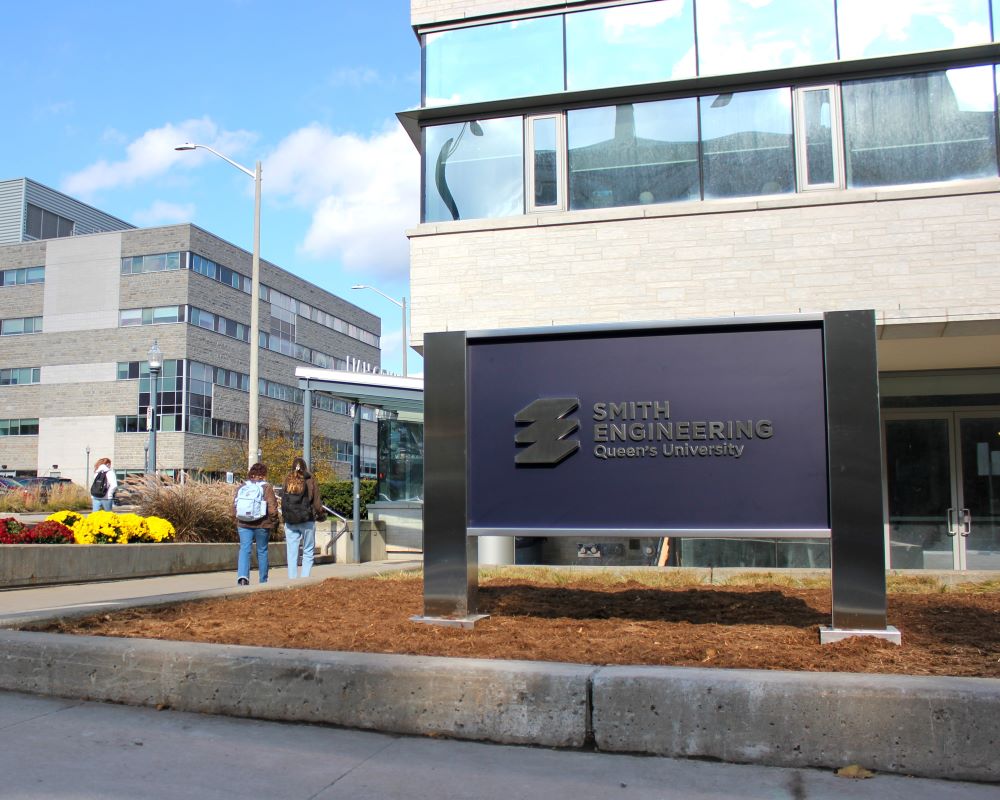
The faculty of Smith Engineering is undergoing a profound rejuvenation. An unprecedented 13 new faculty members started their positions in 2023, and in 2024 so far there are four additions. The current complement of 129 faculty members now includes 46 assistant professors (36%).
To help new faculty members quickly excel in their roles, the Vice-Dean Research portfolio organizes both a bi-monthly panel discussion with experienced faculty on career topics chosen by pre-tenure faculty, and a comprehensive annual Research Orientation Day in the fall. Funding application support is provided by Bei Cai and Vera Kettnaker, along with departmental research coordinators Sophie Felleiter, Shoko Kasuga, and Amber Hastings-Truelove.
As a result, these assistant professors are very active and highly successful in applying for grants. This year, for example, early career researchers (ECR) from Smith Engineering accomplished a 92% success rate for Discovery Grants, while the national ECR success rate is expected to be similar to last year’s 55%.
Regarding research funding in general, Smith Engineering faculty in the first five years of their position were awarded an average of $329,525 in fiscal year 2022/23. In the same year, four of the five Alliance grants over $1 million were led by pre-tenure faculty: Laurent Béland, Charlotte Gibson, Ryan Grant, Ehssan Koupaie.
Béland was recently awarded a second Alliance grant over $1 million.
“Watching our early career faculty members rapidly blossom into highly accomplished researchers with achievements worthy of celebration has been nothing short of inspiring,” says Vice-Dean (Research) Amir Fam. “Their ability to secure substantial funding and produce groundbreaking and award-winning research has surpassed our expectations.”
While it often takes a few years to set up the lab, recruit and train the first students, some early career researchers have shown very impressive research outcomes already. One truly exceptional example is Cao Thang Dinh who started his first faculty position in 2019 and has been designated a Highly Cited Researcher by Clarivate (Web of Science) for the past three years, a recognition achieved by just three to four researchers at Queen’s each year.
Among the pre-tenure faculty, Jianbing Ni wrote the most publications affiliated with Smith Engineering (53) in 2020-2023.
The top six Smith Engineering faculty in terms of field-weighted citation impact for Queen’s-affiliated 2020-2023 publications, according to Elsevier tool SciVal, are all pre-tenure:
“These faculty hires inject a lot of new energy into our Faculty, and many pursue research directions that really stretch the imagination,” says Vera Kettnaker, Research Development Strategist for Smith Engineering.
Some examples of the 2023 cohort include: